Government interference remains one of the biggest challenges that may stand to impede the Ghana National Petroleum Corporation’s (GNPC) progress when it finally assumes its role as a full operator in the country’s upstream petroleum sector.
While efforts are underway to ensure that GNPC launches into full operatorship— a move which experts in the industry have touted as long overdue— the NOC’s commercial and operational activities in retrospect reveals a tall list of instances of government interference.
Quasi-fiscal expenditures affect cashflow of GNPC
Characteristic of these interference is the frequent use of the NOC as a vehicle for quasi-fiscal expenditures. This, in most cases throw the NOC’s operations out of gear. Meanwhile, GNPC has mostly had significant funding gaps with regard to its annual budget.
For instance, the Public Interest Accountability Committee (PIAC) 2020 Annual Report documented the non-payment of a loan amount of US$50 million, the Ministry of Finance took from GNPC in 2013 which they are yet pay as at the time of publishing the report. Intriguing about this is that, no written formal agreement detailing the time and mode of payment came into effect.
Again, earlier reports in 2013 show that the NOC used US$31 million of its share of oil revenue to repay a loan facility taken from PNB Paribas. This loan incurred by the government was as a result of oil lifting since 2009.
Consequently, the NOC’s expenditure on Corporate Social Investment (CSI) and payment guarantees against default by state-owned enterprises (SOEs) also has consequences on GNPC role as an operator in the upstream sector.
In its 2020 annual report, the PIAC notes that GNPC spent a total amount of US$31,477,699.31. This represents a 71.81 percent of the corporation’s administrative and other technical operations expenditure (Level B) receipts on sustainability & stakeholder relations and GNPC Foundation. Meanwhile, GNPC has consistently categorized these expenditures as corporate social investments (CSI).
GNPC’s expenditures on corporate social investments and payment guarantees
PIAC further notes that GNPC’s expenditure on CSI increased from GH₵41.49 million in 2018 to GH₵49.98 million in 2019, with the corporation’s guarantees— payment guarantees against default by the receiving state-owned enterprises— for other SOEs cumulatively amounting to US$645,511,405.40 as of the end of 2019. Additionally, as of the end of 2020, the corporation’s cumulative guarantees for other SOEs increased to US$694,824,551.
Concerned about the persistent rise of the GNPC’s expenditure on CSI, the PIAC in its report remarked categorically that “the CSI expenditure must not replace the use of the ABFA to fund government projects and programmes.”
That aside, PIAC has also indicated that government’s persistent control and interference can be resolved if GNPC is listed on the stock exchange market. This, it said, would cede control and ownership of the NOC to Ghanaians and would then see the GNPC working in pursuance of the public interest than the government’s agenda.
“The government’s consistent control of the corporation and, for that matter, its use of the corporation to finance quasi-fiscal expenditures is a worry… if GNPC is listed on the stock exchange and the government wants to borrow from it, it would be documented.”
Mark Agyemang, Technical Manager, PIAC
Regards GNPC’s stand-alone operatorship, plans are towards making it gain stakes in Aker Energy and AGM Petroleum, as the first asset purchases with plans to go into Springfield as well as the Jubilee and TEN fields.
READ ALSO: Central Bank of Nigeria overlooks local fintech companies

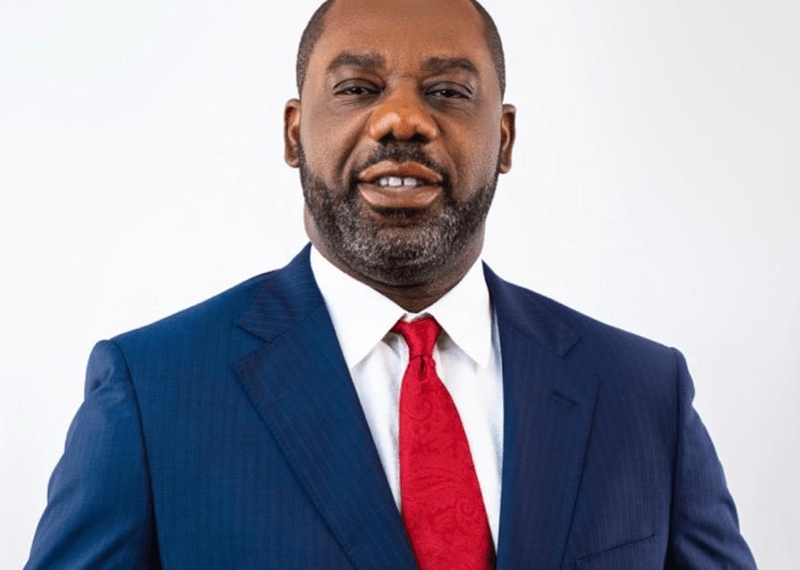

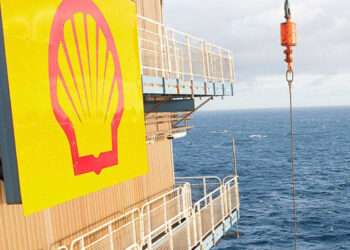

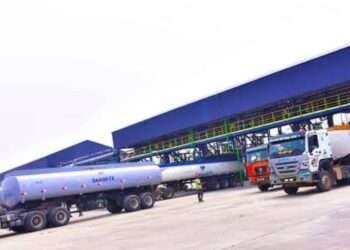



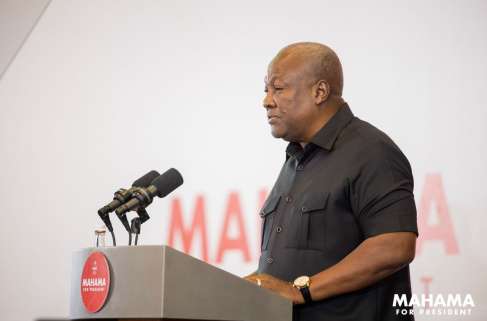

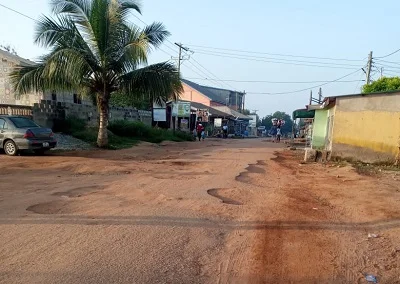

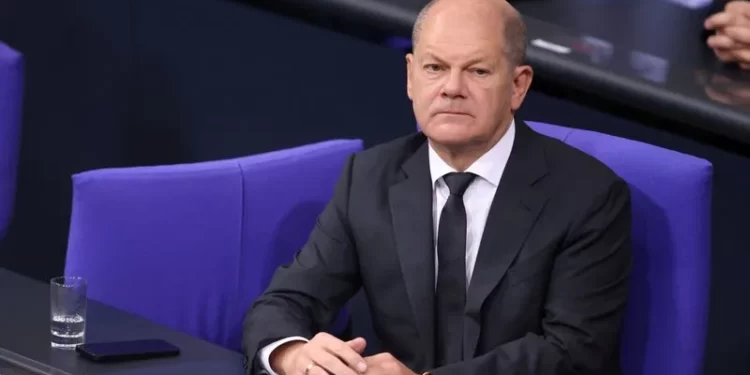








Make GNPC into a limited company, where it must follow all rules as normal companies must. List part of in the stock exchange. Audited by a international audit company.